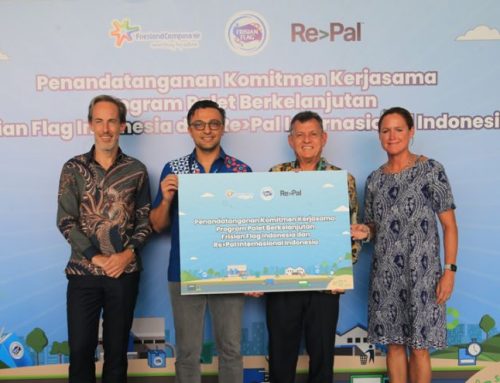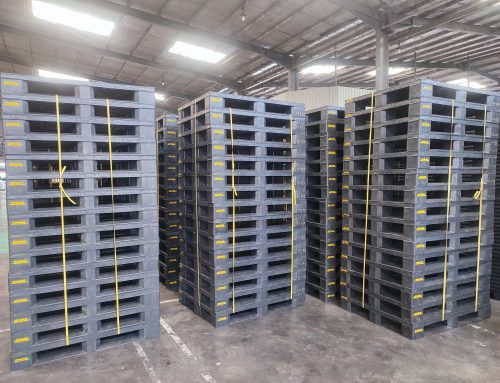Wednesday 6th July 2016
In order to meet the targets of the Paris Agreement, there will need to be significant changes to the way we live our lives. Governments, businesses, non-state actors, NGO’s and individuals all have roles and responsibilities in the way we address the issues of climate change. The role of business will be instrumental in ensuring that Australia reaches its own individual targets and complies with the Agreement.
Australia has committed to reducing emissions between 26%-28% on 2005 levels by 2030, however currently there is lacking a domestic policy framework to achieve these targets. While there is a real risk that Australia will lose its competitive edge if a comprehensive policy framework is not developed in the immediate future, there are great opportunities for businesses to engage in dialogue with governments in setting the agenda to transition to a low carbon economy. Supported by both market mechanisms and direct regulation from the government, there are significant growth opportunities for businesses of all sizes to flourish through innovation, restructuring, repositioning and new market opportunities.
Initially, in terms of regulation, national policy is likely to shift toward increasing greenhouse gas emissions mitigation in the medium term, most likely through the use of market mechanisms. After the Paris Agreement is ratified, and as emissions reductions commitments are revisited every 5 years as part of the reviews scheduled with the Accord, domestic regulation and that of our trading partners, will increase. Australian businesses can expect increasing regulation with regard to disclosure, transparency and carbon markets.
It is likely that companies will be required to publish portfolios of risk analysis, to complete additional emissions reporting requirements and that a price on carbon will be created. Businesses can achieve a competitive advantage by making attempts to understand what will be required of them in the future and making intelligent strategic decisions now that will make transitions in to more sustainable business models smoother.
Furthermore, businesses can work to obtain meaningful environmental and sustainability data within their own business so that they can establish systems to ensure compliance with emerging carbon-reporting requirements. They can work to understand the principles of sustainable business so that they can invest in innovative solutions that will both enhance their strategies for growth and increase their positive environmental impacts.
Business models should shift from linear economic models of produce, consume and discard to a more circular economic model which minimises waste and maximises efficiencies. Companies should invest in knowledge around their operational supply chains and devise strategies to reduce their environmental impacts across their operations. Supply chains are often good places to implement emissions reductions savings as something as simple as the introduction of a new innovative technology or product can provide tangible, scalable and measureable benefits within short time frames.
Increasingly, companies should stay up to date with new technologies and solutions that will enable them to transition to a low-carbon economy. Businesses can collaborate with other companies, suppliers and customers to develop innovative low carbon solutions across their supply chains. Business Groups and Global Networks such as the Future Business Council, We Mean Business Coalition and the Carbon Disclosure Project provide advice, expertise and education programmes for businesses looking to reduce their greenhouse gas emissions.
Lobbying government for support for low carbon business models will accelerate the application of positive policy and economic benefits for companies that proactively apply low carbon solutions within their businesses.
Fulfilling the obligations of the Paris agreement will require significant change for business. These changes do not have to compromise shareholder returns and should rather be looked upon as opportunities for businesses to maximise efficiencies, minimise waste and restructure to more sustainable models of operation. Innovative technologies and solutions will empower business to take the lead in driving stronger economic growth and a fulfilling our international obligations to make a greener and more sustainable world.






